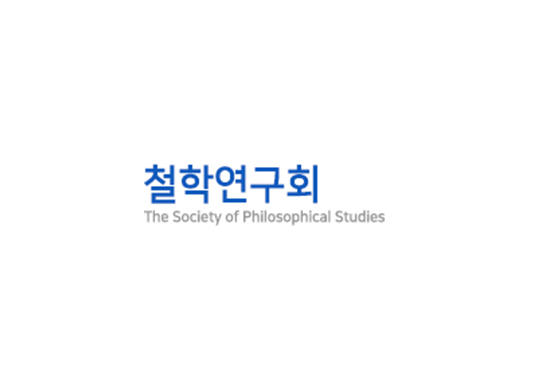니체가 요구한 자기 지배와 자기 형성의 가능성을 존재론적으로 논증하기
The Ontological Argument for the Possibility of Self-Domination and Self-Formation as Demanded by Nietzsche
박현정
서울대학교
철학연구
2024, vol., no.147, pp. 205-230 (26 pages)
10.23908/JSPS.2024.12.147.205
철학연구회
초록
니체는 이성적 주체가 구가해 온 자유의지를 철저히 부정한다. 그래서 니체가 우리에게 자유정신이기를 요구할 때, 이 요구가 모순적이라는 비판적문제제기가 있다. 오늘날 자유를 논의하는 곳에서는, 인간을 제한하는 자연적필연성에서 출발하되 이것과 자유의지의 요구가 여전히 양립 가능한가를 묻는경향이 있다. 니체와 관련해서도 유사한 방향의 물음이 물어지는 것이다. 자유의지의 거부와 자유정신의 요구를 양립가능한 것으로 만들기 위해서는 자유정신의 ‘자유’를 자유의지의 ‘자유’와 의미상 다른 것으로 조정하는 데 그쳐서는 안 된다. 우선 우리는 실체주의적 시각을 완전히 폐기하여, 자유의지와 결정론이 대립하는 지평 자체에서 벗어나야 한다. 즉 충동들의 강제력을 인정하되 이에 더한 자기지배와 자기 형성이 동시에 가능한 지평으로 들어서야만 한다. 이 지평은 불변적동일성과는 대비되는 생성적 통일성의 영역, 존재론적 영역을 의미한다. 이 영역안에서 본 논문은 니체의 자유정신이 행하는 자기 지배와 자기 형성과 관련해다름 아닌 실제 인간의 실존이 이미 그 가능성을 방증하고 있음을 보이고자 한다. 우리 인간이 형성해 온 존재 방식은, 타인의 관점을 취한다는 의미에서 비본래적 형태이긴 하지만, 이미 자기 지배와 자기 형성일 수밖에 없다. 실제의인간으로 있기 위해서라면, 각자는 이미 특정한 관점 아래 스스로의 충동들을통일해야 하며, 이 관점이 가리키는 방향으로 자기를 만들어 가야 한다. 다만자유로운 자란 주어진 타인의 관점이 아니라 충동들에서 생겨난 자기의 관점을취함에서, 자기 지배와 자기 형성을 극단적으로 수행한다. 즉 자유는 우리가 강제적 충동들을 고려할 때도 여전히 존재론적으로 가능한 것이다.
Nietzsche thoroughly rejects the notion of free will attributed to rational subjects. Thus, when Nietzsche calls for us to be free spirits, it raises a critical question: Is this demand inherently contradictory? In contemporary discussions about freedom, there is a tendency to start from this natural necessity that limits human beings and to inquire whether it is compatible with the demand for free will. A similar inquiry is made about Nietzsche’s philosophy. We should not merely evasively redefine ‘freedom’ of the free spirit in a way that distinguishes it from the concept of ‘freedom’ associated with free will. Instead, we must completely escape substantialism, thereby escaping the framework that pits free will against determinism. This shift requires us to enter a new realm where necessary impulses are recognized, yet self-mastery and self-formation remain possible. This new horizon represents a generative unity, contrasting with the unchanging identity, which is the realm of ontology. Within this realm, this paper aims to demonstrate that the actual human existence— defined as self-mastery and self-formation—illustrates the potential for Nietzsche’s concept of the free spirit. The way we humans often exist can be seen as inauthentic, as it tends to prioritize the perspectives of others over our own. However, this existence is only feasible through self-mastery and self-formation. To be a real human being, each person must already unify his or her impulses from ther own perspective. In other words, freedom is ontologically possible through reconciliation with coercive impulses.

